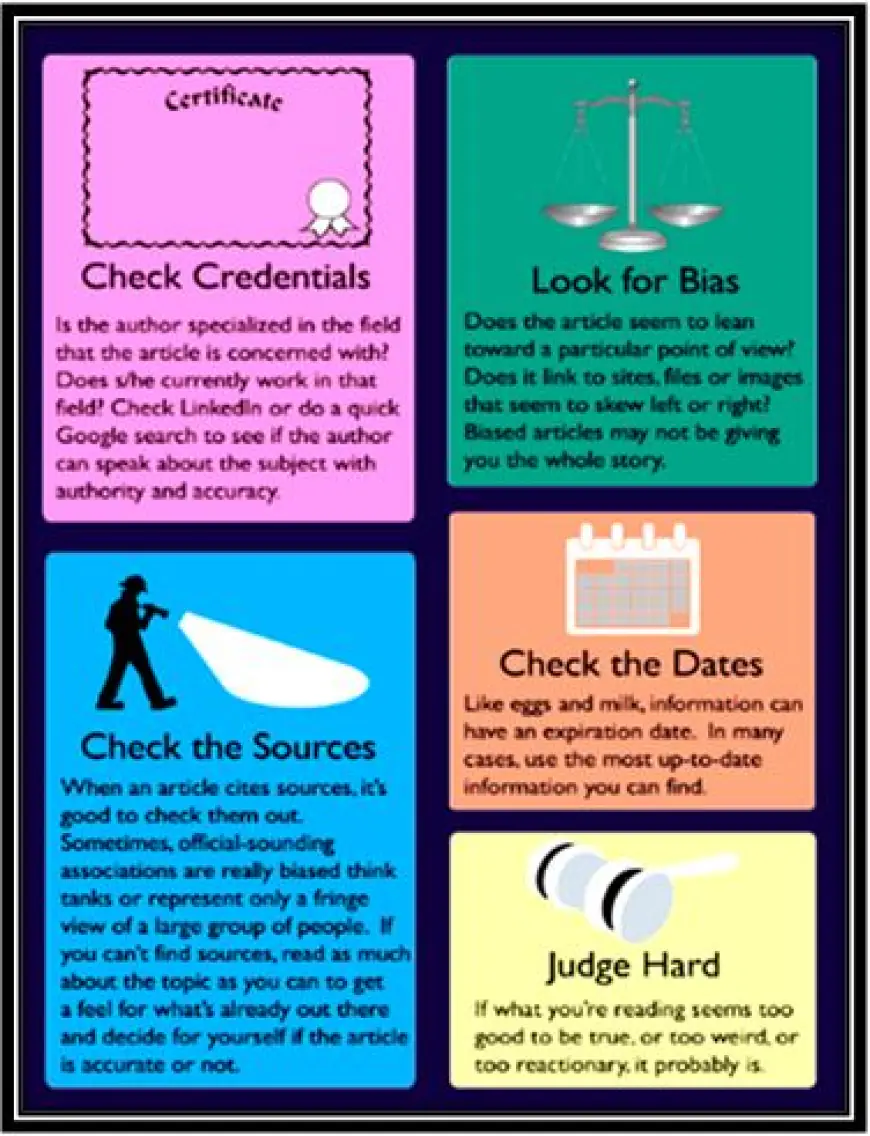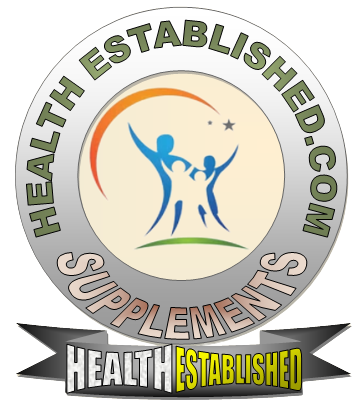What Strategies Can We Employ to Uncover the Truth in a World of False Information?
Discover effective strategies for navigating a world filled with misinformation. Gain the tools to uncover the truth and make informed choices.

Navigating the Sea of Misinformation
Understanding the landscape of information in today's world is akin to navigating a complex and ever-changing terrain. The proliferation of false information, biased narratives, and manipulated content has created a challenging environment for truth-seekers. In order to navigate this landscape effectively, one must foster a critical mindset that goes beyond surface-level analysis. This involves recognizing the various layers of influence at play, acknowledging the power dynamics shaping narratives, and understanding the psychology behind misinformation dissemination.
Moreover, understanding the landscape requires embracing interdisciplinary perspectives and methodologies. It is not enough to rely solely on traditional sources or established authorities. Instead, we must integrate insights from fields such as cognitive science, media studies, and data analysis to decipher the multifaceted nature of information dissemination. By doing so, we can gain a more nuanced understanding of how falsehoods spread while honing our ability to discern truth from deception amidst this intricate informational ecosystem.
Understanding the Landscape:
In today's digital age, critical thinking and fact-checking have become essential skills in navigating a world filled with misinformation. Individuals must approach information with a healthy dose of skepticism and actively question the validity of what they encounter. Critical thinking involves analyzing sources, evaluating evidence, and recognizing potential biases or agendas. Fact-checking goes hand-in-hand with critical thinking, as it requires verifying the accuracy of information through reliable sources and established data.
Moreover, developing a strong foundation in critical thinking and fact-checking not only helps individuals make informed decisions but also strengthens their ability to discern truth from fiction. It's crucial to recognize that these skills are not static; they require continual honing and refinement. Furthermore, fostering an environment that prioritizes critical thinking and fact-checking at an organizational level can lead to more responsible dissemination of information and ultimately contribute to a more discerning society. By empowering individuals with these tools, we can work towards creating a culture that values truth-seeking over sensationalism.

Critical Thinking and Fact-Checking:
Cross-referencing and verification are crucial strategies in the pursuit of truth. In a world rife with false information, these methods act as essential tools for discerning fact from fiction. By cross-referencing information from multiple credible sources, we can identify patterns and discrepancies that may indicate the accuracy or falsehood of a claim. Verification adds another layer to this process by requiring evidence or confirmation from reliable sources before accepting any information as true.
Furthermore, technology has provided new avenues for cross-referencing and verification. Fact-checking websites and digital databases allow us to quickly assess the validity of claims and counter misinformation. However, while these tools are valuable, they also require scrutiny to ensure their own credibility. It's essential to understand that cross-referencing and verification are dynamic processes that demand continual attention and critical thinking in our quest for truth amidst a sea of misinformation.
Cross-Referencing and Verification:
In a world inundated with false information and misleading narratives, seeking diverse perspectives becomes paramount in uncovering the truth. Embracing a wide range of viewpoints allows us to challenge our own biases and preconceived notions, leading to a more holistic understanding of complex issues. By actively engaging with individuals from different backgrounds, cultures, and experiences, we can gain valuable insights that may have been overlooked or dismissed.
Moreover, diversity in perspectives fosters innovation and problem-solving. When confronted with challenges or controversial topics, gathering input from diverse sources can lead to more creative and effective solutions. By acknowledging the value of differing viewpoints, we open ourselves up to new possibilities and opportunities for growth. In this quest for truth amidst misinformation, diversity becomes not only a moral imperative but also an essential tool for discerning fact from fiction.
Seeking Diverse Perspectives:
In our quest to uncover the truth in a world inundated with false information, education becomes our most powerful tool. It's not enough to simply absorb information; we must cultivate critical thinking skills and actively seek out diverse perspectives. Educating ourselves involves questioning assumptions, fact-checking, and being open to reevaluating our beliefs in light of new evidence.
Equally important is the task of educating others. By engaging in respectful dialogues and sharing reputable sources, we can help counteract the spread of misinformation. Teaching others how to discern reliable information from deceitful content empowers them to navigate today's complex media landscape with confidence. Ultimately, by prioritizing education—both for ourselves and those around us—we can collectively work towards a more informed and truthful society.
Educating Ourselves and Others:
In conclusion, uncovering truth in a complex world requires a multifaceted approach that combines critical thinking, digital literacy, and open-mindedness. It's essential to acknowledge the complexity of information sources in today's world and understand that truth is often subjective, influenced by biases and perspectives. Instead of seeking absolute truths, we should strive to corroborate information from multiple reliable sources and consider different viewpoints before drawing conclusions.
Additionally, fostering a culture of intellectual humility can help us navigate the sea of misinformation. This means being open to the possibility of being wrong and constantly challenging our own beliefs while actively seeking out diverse perspectives. By embracing uncertainty and acknowledging our limitations in understanding the complexities of the world, we can better position ourselves to uncover deeper layers of truth amidst the noise of falsehoods. Ultimately, it's through a combination of critical thinking, cognitive flexibility, and empathy that we can hope to unravel the intricacies of truth in an increasingly complex world.
Conclusion: Uncovering Truth in a Complex World
In an era of information overload and rampant misinformation, the quest for truth has become increasingly elusive. The rise of fake news, deepfakes, and manipulated media has left society grappling with the challenge of discerning fact from fiction. As we navigate this treacherous landscape, it becomes imperative to explore the strategies and tools at our disposal to unravel the truth amidst a web of deceit. From critical thinking to technological advancements, from media literacy to fact-checking initiatives, there is a myriad of approaches that we can employ in our pursuit of genuine knowledge. Join us as we embark on a journey to uncover the truth in a world besieged by false information, and delve into the tactics that could serve as beacons of clarity in these murky waters.







